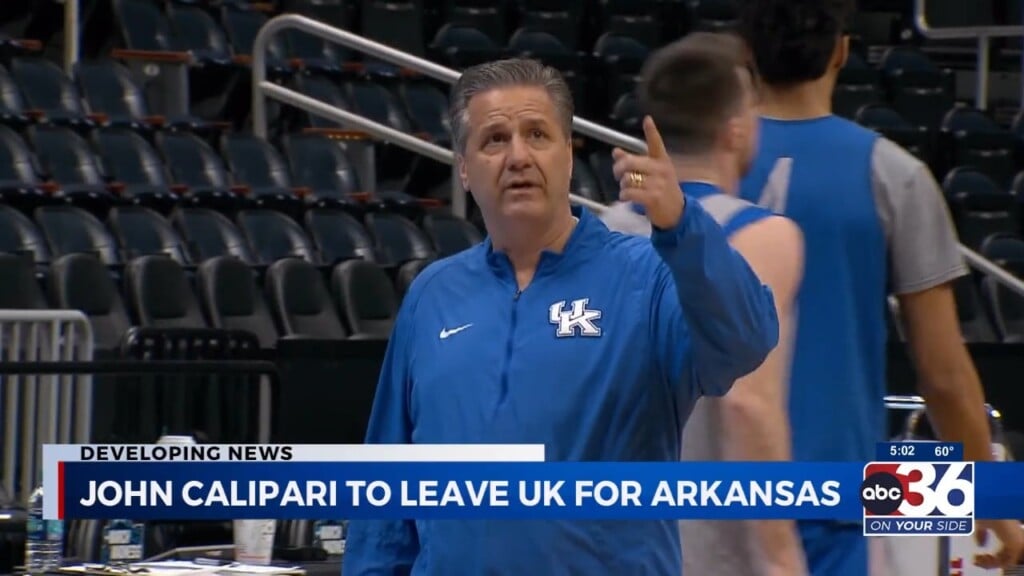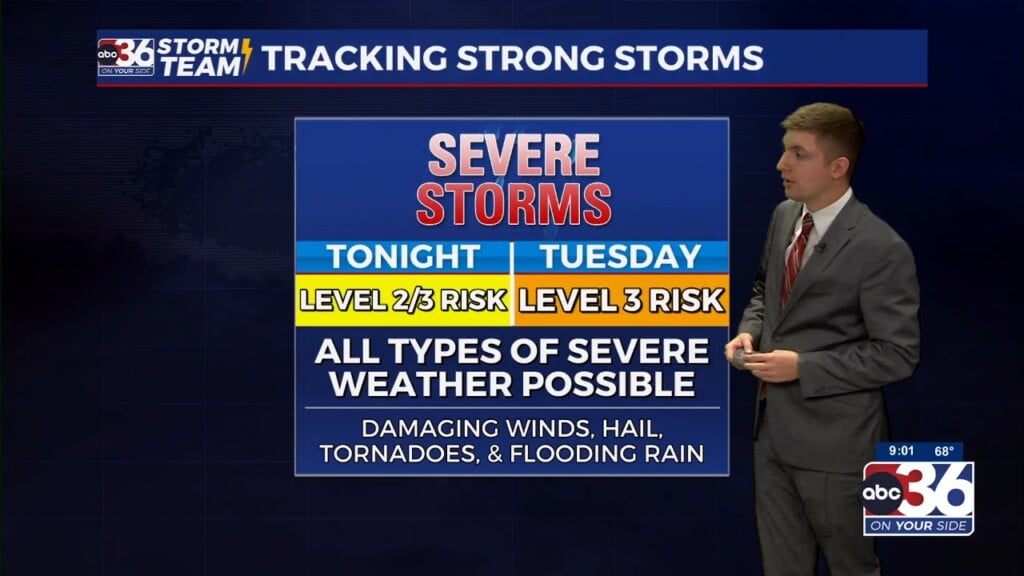Tillerson meets Southeast Asian nations, but focus is NKorea
WASHINGTON (AP) — Secretary of State Rex Tillerson will press for enforcement of nuclear and missile sanctions on North Korea when he holds a working lunch with Southeast Asia’s top diplomats on Thursday.
The region is more focused on the Trump administration’s trade policy and what its dealings with China might mean for U.S. policy in the South China Sea, where several of the 10-nation bloc’s countries are locked in territorial dispute with Beijing.
Although the region has seen democratic backsliding, human rights is unlikely to be high on the agenda.
Thursday’s meeting takes place after President Donald Trump caused an uproar in Washington by inviting Philippine President Rodrigo Duterte to the White House. Duterte has spearheaded a war on illegal drugs that has left thousands dead and sparked accusations of widespread extrajudicial killings. Trump also invited Thai Prime Minister Prayuth Chan-ocha, who seized power in a coup.
While human rights concerns hampered former President Barack Obama’s engagement with Southeast Asia, Tillerson signaled a shifting approach Wednesday, saying that the U.S. can’t always afford to condition its foreign relationships on other governments sharing American values.
The administration will be highlighting its top national security priority, the threat from North Korea. It has been urging the international community to intensify diplomatic and economic pressure to get Pyongyang to dismantle its nuclear weapons program before it can pose a direct threat to the American mainland.
Although China, North Korea’s traditional ally and main trading partner, is viewed as the key lever of international influence, Southeast Asian nations have diplomatic relationships with Pyongyang and small-scale trade ties, and have sometimes served as conduits for North Korean activities that violate U.N. sanctions.
A United Nations panel of experts report on North Korea released in February highlighted North Korea’s use of a Malaysia-based front company to sell military radio equipment in violation of sanctions. The material was interdicted on the way from China to Eritrea last year.
Southeast Asia’s top diplomats are clearly seeking better ties with Washington, traveling across the world for the face-to-face with Tillerson. They want a sustained U.S. presence in the region — which Obama promised them as part of his “pivot” to Asia — to counter China’s military assertiveness and growing economic dominance over its neighbors.
However, the Trump administration confronts a reality in which long-standing U.S. allies like the Philippines and Thailand have moved closer to China, complicating hopes for unity on issues like control over the potentially resource-rich South China Sea. The Philippines, which is currently chair of the Association of Southeast Asian Nations, has dialed back its once strong stance over China’s assertive behavior and island-building.
Trump has feted Chinese President Xi Jinping as he pushes for more cooperation against North Korea. Southeast Asian nations generally welcome cordial ties between the two powers but worry about whether secret deal-making might undercut Washington’s willingness to stand up for their claims.
Before the lunch, Tillerson met separately with Indonesian Foreign Minister Retno Marsudi. Vice President Mike Pence visited Indonesia last month and said Trump will attend a regional summit in the Philippines this fall.
Tillerson will also meet Thai Foreign Minister Don Pramudwinai on Thursday.




Leave a Reply